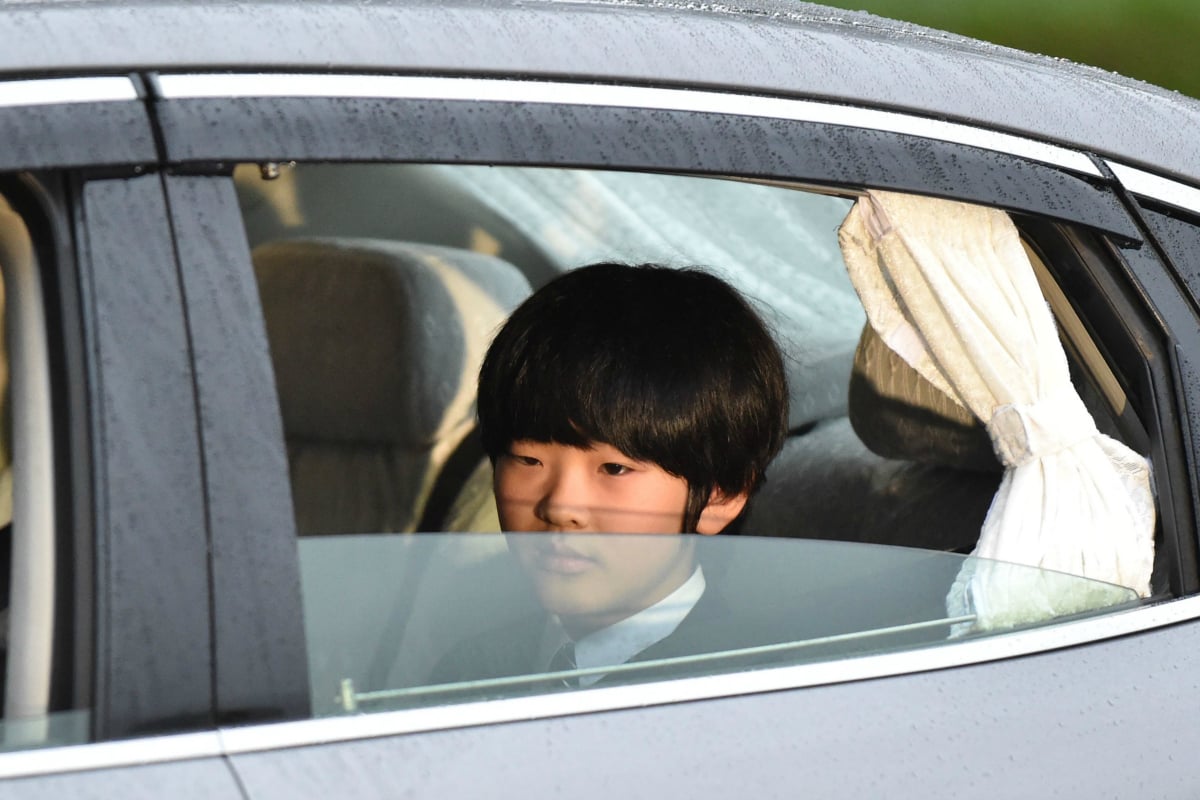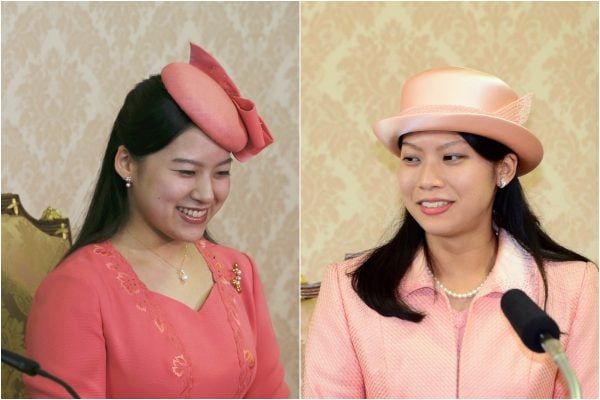
Last September, Prince Hisahito of Japan appeared before the media to pose for photographs marking his 12th birthday. With cameras trained on him, the then-primary student played with giant bubbles, gleefully dragging a wand through the air, giggling as he caught them before they burst on the grass.
But this seemingly carefree adolescent boy carries a monumental weight. As it stands, he could be the final hope of the world’s oldest monarchy.
As the nephew of newly-instated Emperor Naruhito, Prince Hisahito is now one of only three people eligible to inherit Japan’s Chrysanthemum Throne. Though the new Emperor has a daughter, women are precluded from ruling; a law that automatically disqualifies 13 of the 18 members of the country’s ancient Imperial family.
The alternatives are Emperor Naruhito’s uncle, 83-year-old Prince Hatachi, and brother Crown Prince Fumihito, 53, neither of whom have sons. The continuation of this monarchy, which dates back to 660BC, therefore currently relies entirely on little Prince Hisahito one day producing a male heir. If not, he could go down in history as the last Emperor of Japan.
But there’s another option…
While the Emperor has no political power in Japan, the title holds deep symbolic and cultural significance, which stands to be lost without intervention.
The answer, according to some, is simple.
The looming succession crisis has promoted calls for urgent changes to Japanese law that would allow women to assume the throne. And according to a 2018 poll conducted by Japanese newspaper Yomiuri Shimbun, nearly two-thirds of citizens are in favour.


Top Comments
That last line is harsh but true. The pressure to produce a male heir would be enormous. Just shows how short sighted it is to only have males eligible to inherit, because there is always a chance that this is your final outcome.
With their rank comes privileges such a gender selection ivf.
They can separate the sperm and only allow male sperm near the ova or they can fertilise in vitro or via ICSI And then do PGS.
Then choose their embryo.
It would be far far simpler if they just adopted - I'm not doing anything right now.
Not legal in Japan. The Japanese public would be absolutely outraged if they went to the USA to do get this treatment done.
Who says they have to tell anyone?
Its illegal in Australia also. But people quietly travel to Spain and America.